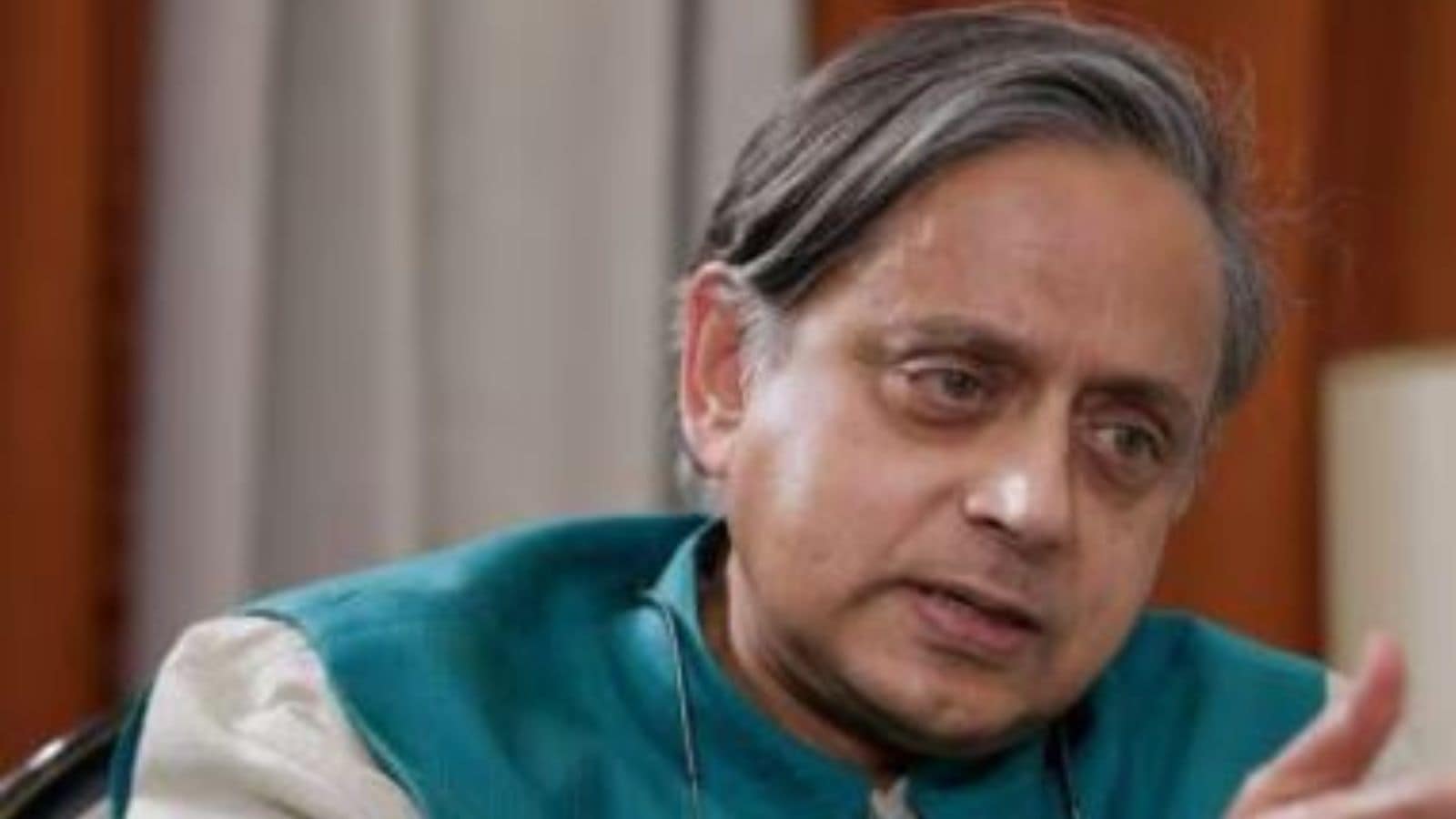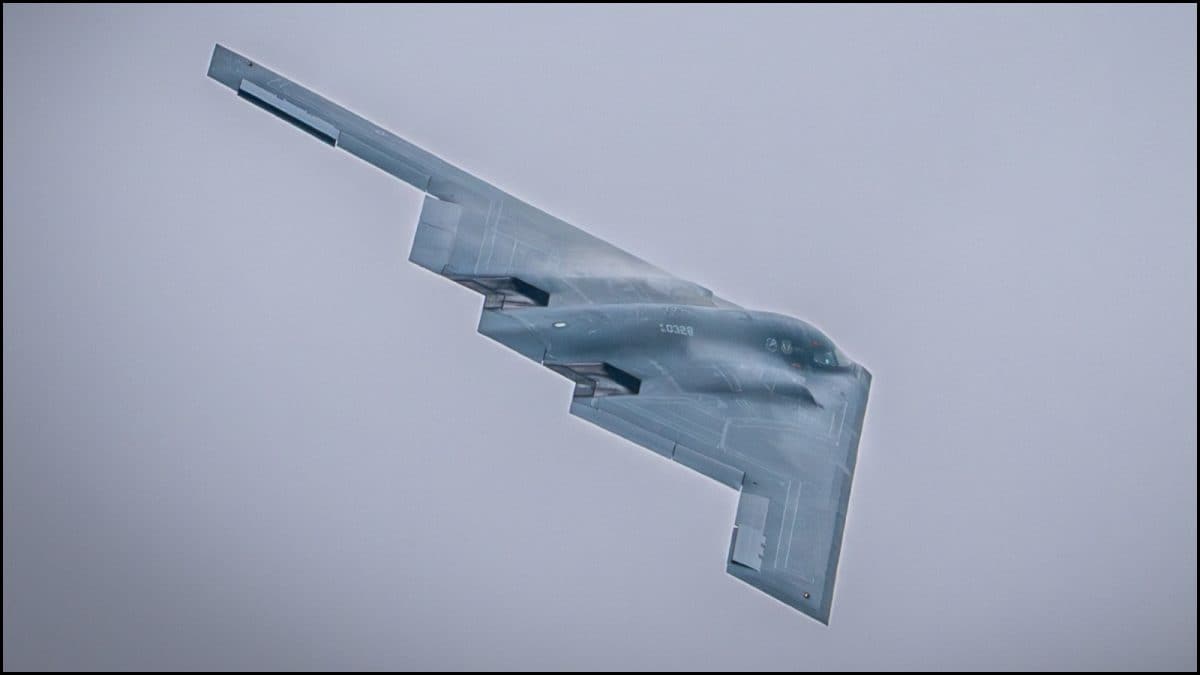The story so far:At least seven West Bengal residents who were pushed to Bangladesh by the Border Security Force (BSF) on suspicion of being Bangladeshis were brought back to India after the intervention of the State government. Chief Minister Mamata Banerjee said on June 25 that residents speaking in their native Bengali language are being branded as Bangladeshis in some Bharatiya Janata Party (BJP)-ruled States. Several people who were pushed from Assam to Bangladesh also returned as they were found to be Indians or that their citizenship cases were sub-judice.
Why have matters escalated?
After the regime change in Bangladesh in August 2024, the police across the country were asked by the Union Home Ministry to detect Bangladeshis who had illegally entered the country and were living here on forged documents. The drive assumed momentum after the Pahalgam terror attack in April and the subsequent ‘Operation Sindoor’. The Ministry has issued instructions to States to deport undocumented migrants but in most cases pushbacks are happening. Around 2,500 suspected Bangladeshis have been pushed back so far. On May 10, Assam Chief Minister Himanta Biswa Sarma said that the government has decided to implement the “pushback” mechanism to check infiltration instead of going through the legal route which is a long-drawn process. Home Minister Amit Shah has asked top intelligence officials to make an example of “infiltrators” by detecting, detaining, and deporting them. In 2022, at an Intelligence Bureau meeting, Mr. Shah had asked officials to identify around 100 illegal migrants in each State, check documents and arrest and deport them. He asked them to continue with the crackdown even if neighbouring countries do not accept the undocumented migrants.

What is the difference between deportation and pushback?
Deportation is a legal process which involves detaining and arresting a foreigner suspected to be living in India without documents or who has entered the country illegally. The case is presented before a court and after exhaustion of all legal avenues, which includes conviction by the court, the country which the foreigner belongs to is contacted and the deportation takes places once the identity is confirmed. Pushbacks are not a legal procedure and there are no stated rules. They happen when a foreigner has been caught by the border security force on the international border and, depending on the intensity of the case or the discretion of the border personnel, they are either arrested, made to face the law here or pushed back. Since citizenship and foreigners are Union List subjects, it is the Home Ministry which delegates powers to deport foreigners to State governments.

In 2024, the Ministry told the Jharkhand High Court that since the “Central Government does not maintain a separate federal police force exclusively dedicated to the task of detection and deportation of illegally staying foreigners, action in this regard has been entrusted to the State police.”

What is the Immigrants (Expulsion from Assam) Act, 1950?
On June 9, Assam Chief Minister Himanta Biswa Sarma said the State government was likely to enforce a 1950 law to identify and evict illegal foreigners, adding that under the law, district commissioners are empowered to declare individuals as illegal immigrants and initiate eviction proceedings. The 1950 Act was passed by Parliament amid communal disturbance and violence following the Partition of India in 1947 and creation of East Pakistan (now Bangladesh) bordering West Bengal, Assam, Meghalaya, Tripura and Mizoram. The Act says that “it extends to the whole of India”, but has Assam-specific provisions.
Section 2 of the Act says that if the Union government is of the opinion that any person or class of persons, having been ordinarily resident in any place outside India are detrimental to the interests of the general public of India or any Scheduled Tribe in Assam, the Union government may by order, “direct such person or class of persons to remove himself or themselves from India or Assam within such time and by such route as may be specified in the order”; and “give such further directions in regard to his or their removal from India or Assam as it may consider necessary or expedient”.
What are the laws for foreigners?
Till April this year, matters relating to foreigners and immigration were administered through “pre-Constitution period” laws enacted during the First and Second World Wars, which were the Foreigners Act, 1946, Passport (Entry into India) Act, 1920, the Registration of Foreigners Act, 1939 and the Immigration (Carriers’ Liability) Act, 2000. In April, Parliament enacted the Immigration and Foreigners Act, 2025 repealing the old laws.

Unlike Pakistan and Bangladesh borders, the rules for movement of people along Nepal and Myanmar are different. Nepal has a free-border agreement with India, and a Free Movement regime (FMR), allowing movement of people residing within 10-km on either side, exists along the India-Myanmar border. Following the May 2023 ethnic violence in Manipur, the Ministry in 2024 decided to fence the entire 1,643-km Myanmar border in the next 10 years. Post the military coup in Myanmar in February 2021, over 40,000 refugees from Myanmar belonging to the Chin ethnic group who are closely related to the Mizo community crossed over to Mizoram. On March 10, 2021, the MHA sent a letter to the State governments of Nagaland, Arunachal Pradesh, Manipur and Mizoram that the refugees should be identified and deported and that the State Governments have no powers to grant “refugee” status to any foreigner as India is not a signatory to the UN Refugee Convention of 1951 and its 1967 Protocol. The refugees continue to live here.
What is behind this recent drive?
Since the April 22 terror attack at Pahalgam, the police has intensified the drive to detect undocumented migrants. Initially, they were taken by trains to border districts and then pushed to Bangladesh by the BSF. In some instances, migrants after being up picked from Rajasthan, Gujarat, and Maharashtra, were flown by planes to Agartala in Tripura and transported to the Bangladesh border by BSF personnel. The police and the BSF record biometrics and photographs of the undocumented migrants. It is to be noted that the BSF has never acknowledged any of the pushbacks. The Ministry has asked the States to verify the claims of undocumented migrants who claim Indian nationality after which District Magistrates are to send a report within 30 days, failing which the Foreigners Regional Registration Officer would deport them.
In 2022, the Unique Identification Authority of India was asked to maintain a “negative list” to stop undocumented migrants from procuring identity documents in the future.



.png)
.png)
.png)
















 3 hours ago
4
3 hours ago
4








 English (US) ·
English (US) ·